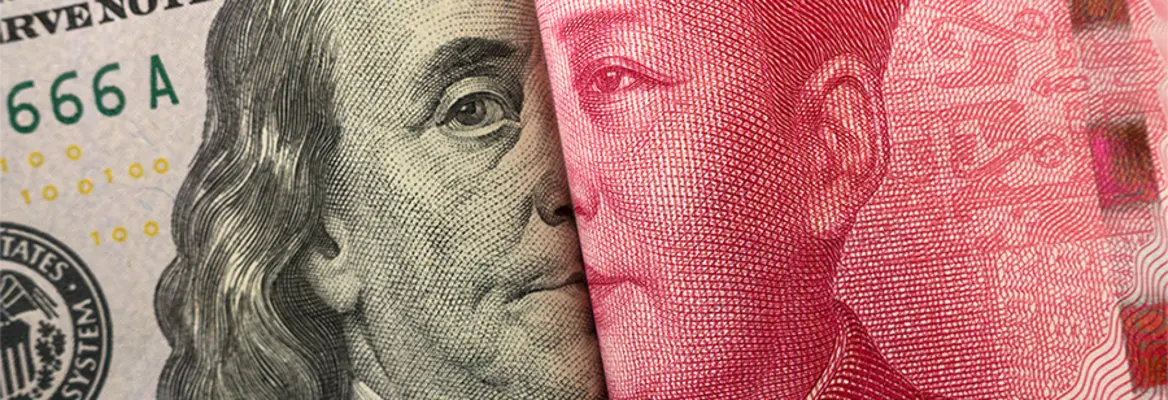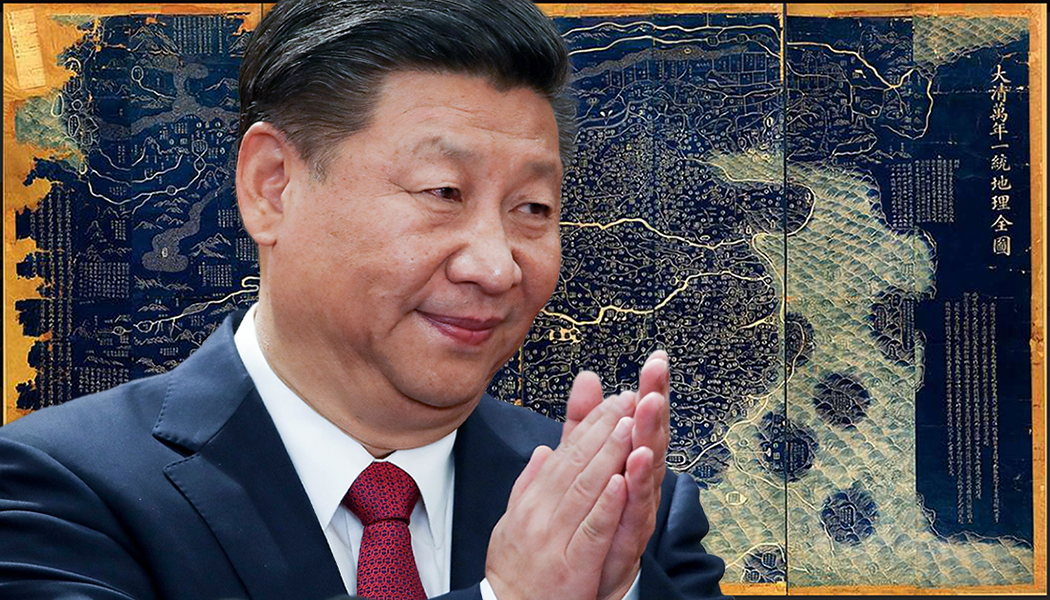Some are arguing that with the US-China tariff deal now in place, this is a victory for Trump. But Harvard China specialist, Rana Mitter, warns this is not necessarily the case. Instead, we will move to a multipolar world. Mitter warns that while the deal may have shifted trade dynamics, relations in both Europe and Asia have been further strained. Mitter argues that we are witnessing a shift toward a world where the US is just as vulnerable to retaliatory economic threats as China.
Washington and Beijing seemed locked in an ideological duel. Pundits spoke of a new Cold War. Tariffs piled up, diplomatic barbs flew, and each side cast the other as a civilizational adversary. And yet, more recently, a subtle shift has been underway. The United States and China are gingerly transitioning from open conflict toward a mode of cautious pragmatism, the uneasy coexistence that has, in truth, underpinned much of their relationship over the past thirty years. Just yesterday, the two powers stepped back from the Trump-initiated trade war, agreeing to a temporary tariff truce that slashed reciprocal duties by hundreds of percentage points.
This breakthrough caught many by surprise, but not Rana Mitter. The Harvard historian of modern China, in an interview conducted last Friday for the HowTheLightGetsIn festival, anticipated exactly this turn of events, though as he admits, not at this speed. Mitter suggested that despite deep ideological rifts, both nations would eventually recognise the need to live with each other, not as friends, but as functional rivals. His insight now appears prescient. If diplomacy is war by other means, recent US-China policy resembles strategic sulking followed by hurried compromise.
War Memories and Worldviews
To understand China’s current posture, Mitter urges us to look backward. Historical memory, particularly of World War II, looms large in Beijing’s worldview. “China was also a participant in World War Two,” he notes, suffering millions of casualties and tens of millions of refugees. These experiences form a proud and traumatic national narrative that still shapes China’s foreign policy. On May 9th, in Moscow’s Red Square, Xi Jinping stood shoulder-to-shoulder with Vladimir Putin, reviewing troops in commemoration of WWII’s end. This spectacle, as Mitter observes, was “pushing back against the idea that somehow the US could pick Russia away from China,” asserting Beijing’s role as both victor and victim in the war, never a mere junior partner in a Western narrative.
SUGGESTED VIEWING Make China great again: Steve Tsang on Xi Jinping With Steve Tsang
Mitter explains that the memory of WWII in China and Russia acts as “a profound counterargument” to the dominant Western framing of the war. While the West sees WWII as a fight for democracy and freedom, the Chinese and Russian narratives cast it as “a war of liberation against invasion,” with little emphasis on liberal ideology. The ideological mission of spreading liberal democracy abroad never shaped Beijing’s understanding of its wartime legacy. “The war experience has a very different sort of meaning,” Mitter concludes.
That historical consciousness still informs Beijing’s view of the US. Chinese leaders carry a deep sense of grievance from the “Century of Humiliation” and pride in their wartime role. They bristle at lectures on democracy and human rights, hearing echoes of historical condescension. As Mitter suggests, each side proceeds from a fundamentally different historical mindset: America seeks to uphold a liberal order; China seeks to avoid subjugation and assert its own narrative. These irreconcilable memories fuel an enduring ideological divide.
___
It’s becoming clearer that the real aim [of US tariffs] is to get a large number of bilateral deals.
___






















Join the conversation